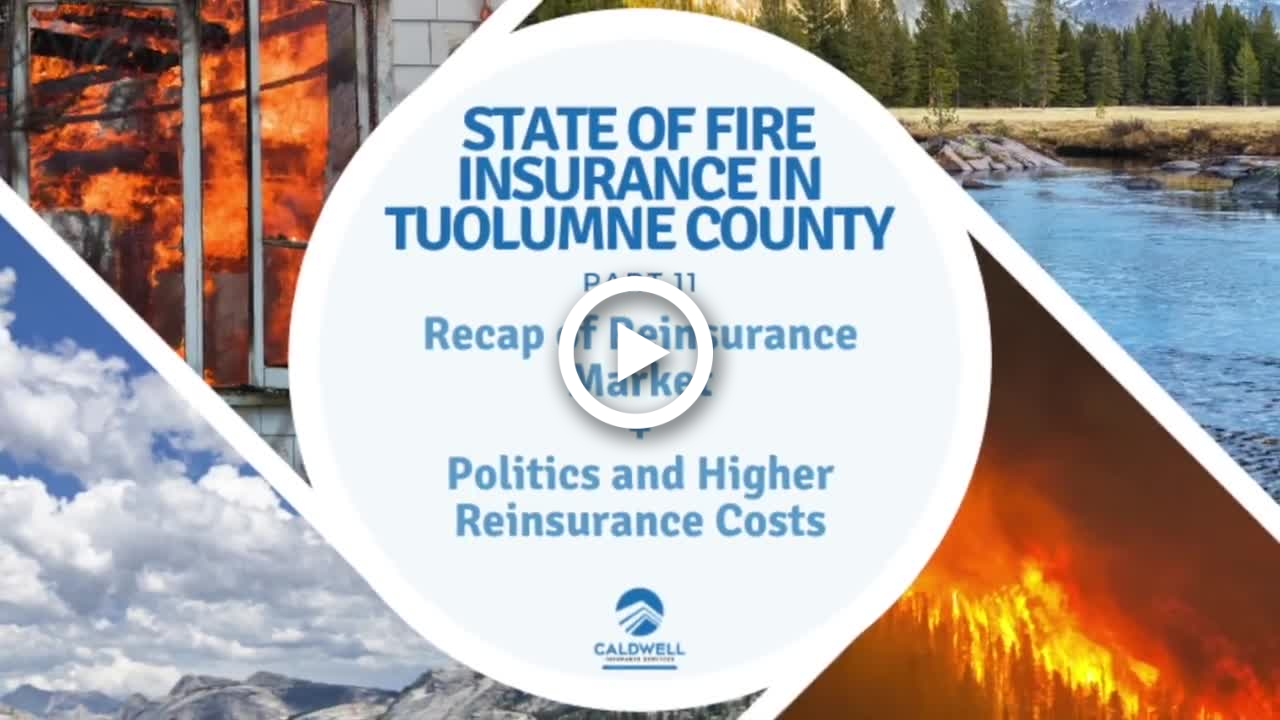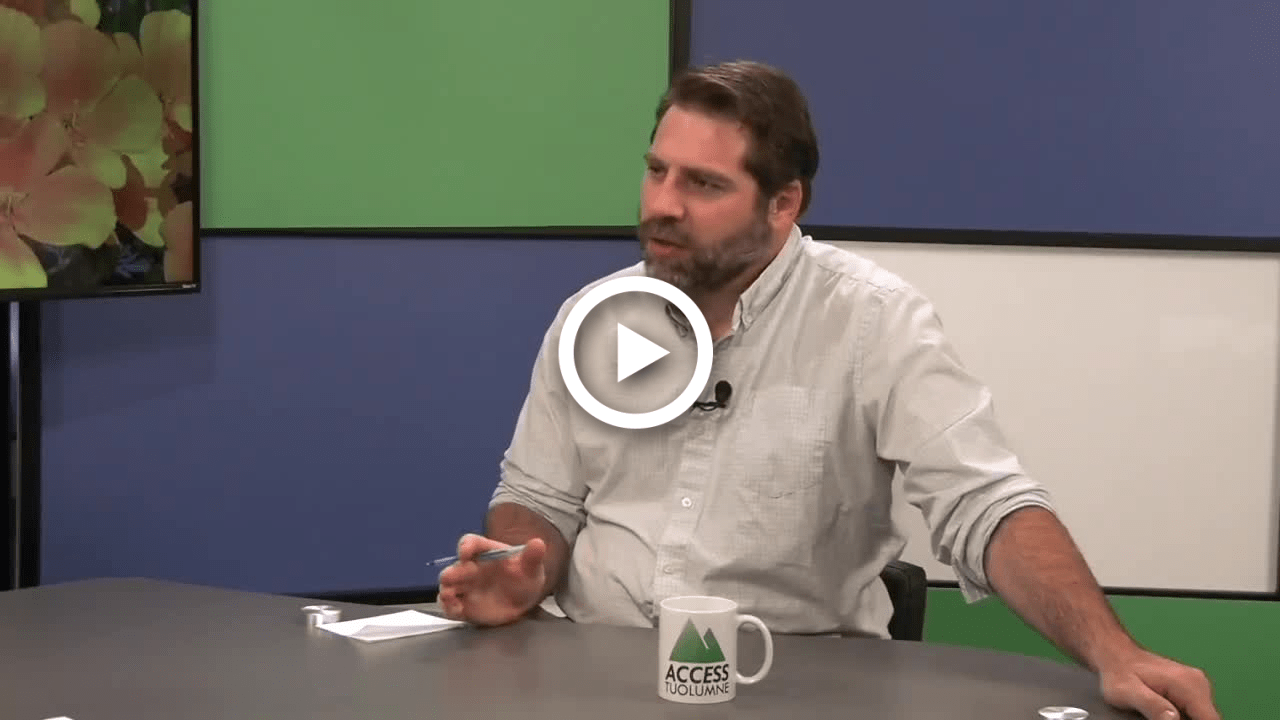Wow.
So, it sounds like the solution is to allow insurance companies to increase their rates more because that would still be less than what people are faced with on the Fair Plan. But they’re only able to increase by 6.9% every year. What if they just did that every year? 6.9% in four years, and you’d have roughly what you’d need.
One of the interesting things was, for many years, the insurance companies weren’t taking rate and rates were kind of flat. And we can probably point our fingers at some insurance companies or say, gosh, part of the blame is to lie on them because they weren’t taking enough small increment rates over the years. Then we have all this inflationary pressure, and then in Tuolumne County, we have the brush fire that’s impacting us. And then you have this issue of rate that was going on in the background.
So, what has happened is a lot of these companies have filed for these larger rates, and the insurance commissioner, it’s a political position, has kind of said, no, we don’t think you need that rate to try to protect the consumer. So then the insurance companies are saying, okay, well, if you don’t want to give me my 20-30%, we’re going to step out of the marketplace. And then, once again, it’s created everyone having to go to this California Fair Plan, which is not a good alternative, as we all know.
Now, there’s a piece in this background that I’m not sure if you know much information about or have heard, and there’s usually not much talk about it, but there’s this reinsurance market out there.
I was going to ask you about that. Can you tell me what is the reinsurance market?
Sure.
So, the reinsurance market plays a big impact on rates and what we see on the consumer side when it comes to premiums. An insurance company on a catastrophic loss will insure or cover up to a certain amount. And I’m just going to use an arbitrary number. Let’s say they cover up to the first $50 million of losses. So, in the event of a large catastrophic fire where they’re paying out hundreds of millions or getting into the billions, that insurance company is only going to take on the first 50 million. Then, beyond that, it’s being taken care of by the reinsurance market.
The reinsurance market is very interesting in that there’s only a handful of them out there. It’s a global market. A lot of it is domiciled over in Europe and London over there. And so what they’ll do is back these insurance companies.
So, they’ll back Nationwide, State Farm, and Allstate after they’ve hit this threshold. And so what they’ve said is, Hey, we know that there’s a great potential for these catastrophic losses, so we’re going to jack up our reinsurance costs, okay?
That kind of goes downhill to the insurance company that we deal with.
Tune in for Part 11 of the State of Fire Insurance in Tuolumne County, where Justin and Ryan discuss the Reinsurance Market + Politics and Higher Reinsurance Costs.
We’d be happy to review your insurance coverage options with you! Give us a call at (209) 532-5102 or visit https://caldwell-insurance.com.









